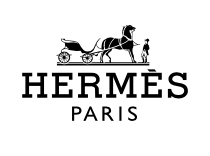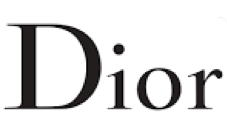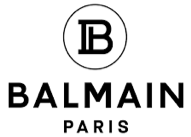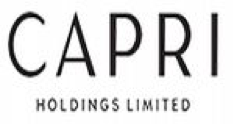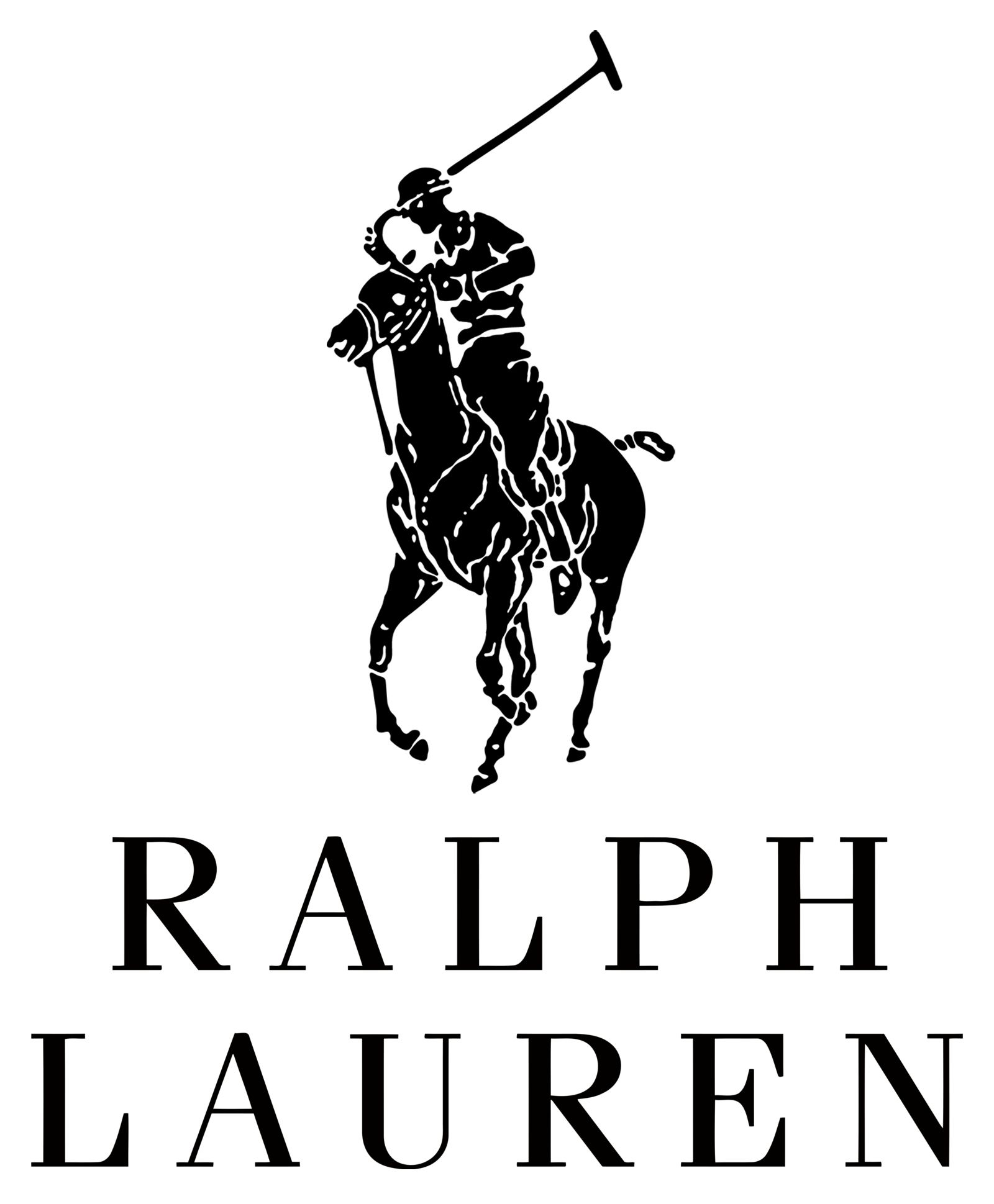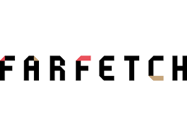Summary
The luxury women's apparel market has continued to show robust growth in recent years, driven by the expansion of affluent populations, particularly in Asia, the Middle East and Russia. Despite a general decline in the global luxury goods market during the pandemic, it has seen a resurgence, with growth of 14% in 2021. Luxury apparel represents an important segment, accounting for 22% of personal luxury goods. French brands maintain a dominant presence in the sector, contributing around 25% of overall sector sales, with LVMH, Richemont and Kering as major players. The French market itself is a key player, heavily dependent on international tourism and travel retailing.
E-commerce has also seen considerable growth, while trends are moving towards casual luxury wear and ethical fashion, particularly among younger consumers. The industry gives priority to maintaining its "Made in France" image, which is associated with quality, design and status, even if some production has moved abroad. Although facing challenges such as production costs and the pressure to remain digitally relevant, the market represents a promising area for investment with potential for further growth, particularly in online sales, which remain strong post-pandemic.
The thriving luxury women's apparel market in France: Trends and key figures
In the competitive world of fashion, the luxury women's apparel market in France has shown remarkable vitality and steady growth, to the great benefit of renowned French luxury groups. With an estimated value of between 40 and 50 billion euros by 2021, the French luxury apparel sector makes a significant contribution to the country's GDP, accounting for a considerable 6.7%. This robust market has flourished thanks to the influx of affluent individuals and France's appeal as a top tourist destination, particularly Paris, which is known as the fashion capital. The luxury apparel segment, which includes products such as outdoor coats, jackets, dresses, skirts and blouses, has flourished thanks to the increase in the number of affluent people in the world and particularly strong demand from regions such as Asia, the Gulf States and Russia.
In terms of global trends, the luxury personal goods market, which includes women's luxury apparel, reached a value of between 280 and 290 billion euros in 2021, with optimistic projections indicating a potential increase to between 360 and 380 billion euros by 2025. As far as luxury women's apparel is concerned, China's growing purchasing power has made it a pivotal market, with millions of Chinese millionaires driving international consumption of luxury goods.
In France, the domestic luxury market continues to show positive year-on-year growth, with industry experts very confident about market prospects. The luxury sector, led by giants like LVMH and supported by international sales, relies on France's global reputation for quality, design and status - a sentiment reflected in France's high ranking among nations in terms of product reputation.
Consumer behavior in the luxury segment is evolving, with Millennials and Generation Z influencing a shift towards casual and ethical clothing. A growing number of people prefer casual luxury clothing, prompting brands to integrate streetwear elements into their high-end collections. At the same time, there is a shift towards environmentally-friendly products, with around 65% of those questioned in a survey saying they had bought ethical clothing at some point.
The online sales channel has grown exponentially, becoming an increasingly crucial part of the luxury apparel market's distribution strategy. While direct sales through brand stores are still widespread, e-commerce has taken on a more prominent role, particularly in China, a market that has always been quick to embrace digital trends. In France, despite a preference for in-store experiences, the overall volume of online sales remains significantly higher than before the crisis.
The titans of the luxury women's apparel market: LVMH, Kering and Richemont
The luxury women's apparel market is a field where creativity, prestige and opulence converge, giving life to a fashion that doesn't just dress, but affirms. at the forefront of this illustrious industry are three dominant conglomerates: LVMH, Kering and Richemont. These groups are pillars of craftsmanship and commerce, often dictating the direction and pace of the market with their influential brands and their ability to tap into the zeitgeist.
- LVMH (Moët Hennessy Louis Vuitton) The world's leading luxury goods conglomerate, LVMH is distinguished by the diversity of its portfolio, which weaves a tapestry of excellence across diverse sectors, including wines and spirits, leather goods, fragrances, cosmetics and, of course, luxury apparel. Under its extensive wings are famous fashion houses such as Louis Vuitton, Dior and Givenchy, whose creations adorn catwalks and red carpets. LVMH has forged a reputation not only for timeless elegance, but also for strategic business acumen, maintaining a global presence that appeals to a multitude of luxury consumers.
- Kering Kering, another France-based titan, has a knack for nurturing brands that marry avant-garde aesthetics with cultural sensibility. The conglomerate's portfolio includes some of the boldest names in luxury apparel, including Gucci, Saint Laurent and Balenciaga. These brands are known for setting trends rather than following them, offering a revolutionary vision of luxury that resonates with a modern audience. Kering's focus on innovation has enabled the group to become a major player in defining the future of luxury fashion.
- Richemont While Richemont is best known for its mastery of watchmaking and jewelry under brands such as Cartier and Van Cleef & Arpels, its foray into luxury apparel has been marked by strategic investments and an appreciation of heritage. Acquisitions such as that of Italian online fashion retailer Yoox Net-a-Porter demonstrated Richemont's commitment to expanding its digital footprint in the luxury market, recognizing the growing importance of e-commerce in the high-end apparel sector.
These conglomerates have one thing in common: they know how to leverage their brand heritage while evolving to meet the desires of today's affluent consumers. Whether it's innovative designs, robust marketing strategies or digital transformation,
to understand this market
Detailed content
 Inforamtion
Inforamtion
- Number of pages : 30 pages
- Format : Digital and PDF versions
- Last update : 19/07/2023
 Summary and extracts
Summary and extracts
1 Market overview
1.1 Market definition
The luxury women's apparel market includes outdoor coats and jackets, blazers, suits, dresses and skirts, pants, sweatshirts and blouses. Excluded from this market are leather goods, accessories such as watches and jewelry, as well as cosmetics and perfumes. This market is made up of Haute-Couture brands and Couture houses (luxury brands that do not have the Haute-Couture appellation).
The luxury women's apparel sector has shown considerable dynamism in recent years. Strong growth has been observed both in the French market and, above all, in export markets, where French brands are performing extremely well. By 2021, the market has been estimated at 45.14 billion euros.
Growth in these segments is being driven by the emergence of high net worth individuals around the world, and by strong tourist flows to France and Paris. The customers of luxury clothing brands are individuals, part of a very select clientele, largely female. More and more customers come from Asia, the Gulf States and Russia.
Groups such as LVMH, Richemont and Kering dominate the market in areas ranging from luxury clothing and beverages to cosmetics and watches.
The main growth market for luxury clothing remains China , with its upper-middle class and high purchasing power.
 List of charts
List of charts
- Breakdown of the luxury personal goods market by product type
- Global market for personal goods and luxury apparel
- Global luxury market value by type of product and service
- Perceived outlook for the luxury apparel market
- Clothing expenditure per capita
All our studies are available online in PDF format
Take a look at an example of our research on another market!
Latest news
Companies quoted in this study
This study contains a complete overview of the companies in the market, with the latest figures and news for each company. :
 Choosing this study means :
Choosing this study means :
Access to more than 35 hours of work
Our studies are the result of over 35 hours of research and analysis. Using our studies allows you to devote more time and added value to your projects.
Benefit from 6 years' experience and over 1,500 industry reports already produced
Our expertise enables us to produce comprehensive studies in all sectors, including niche and emerging markets.
Our know-how and methodology enable us to produce reports that offer unique value for money.
Access to several thousand articles and paid-for data
Businesscoot has access to all the paid economic press as well as exclusive databases to carry out its market research (over 30,000 articles and private sources).
To enhance our research, our analysts also use web indicators (semrush, trends, etc.) to identify market trends and company strategies. (Consult our paying sources)
Guaranteed support after your purchase
A team dedicated to after-sales service, to guarantee you a high level of satisfaction. +44 238 097 0676
A digital format designed for our users
Not only do you have access to a PDF, but also to a digital version designed for our customers. This version gives you access to sources, data in Excel format and graphics. The content of the study can therefore be easily retrieved and adapted for your specific needs.
 Our offers :
Our offers :
the luxury women's clothing market | France
- What are the figures on the size and growth of the market?
- What is driving the growth of the market and its evolution?
- What is the positioning of companies in the value chain?
- Data from several dozen databases
Pack 5 études (-15%) France
- 5 études au prix de 75,6€HT par étude à choisir parmi nos 800 titres sur le catalogue France pendant 12 mois
- Conservez -15% sur les études supplémentaires achetées
- Choisissez le remboursement des crédits non consommés au terme des 12 mois (durée du pack)
Consultez les conditions du pack et de remboursement des crédits non consommés.
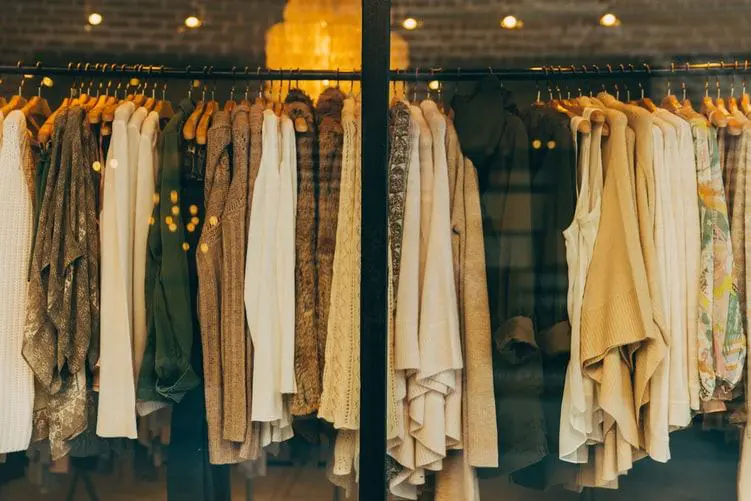




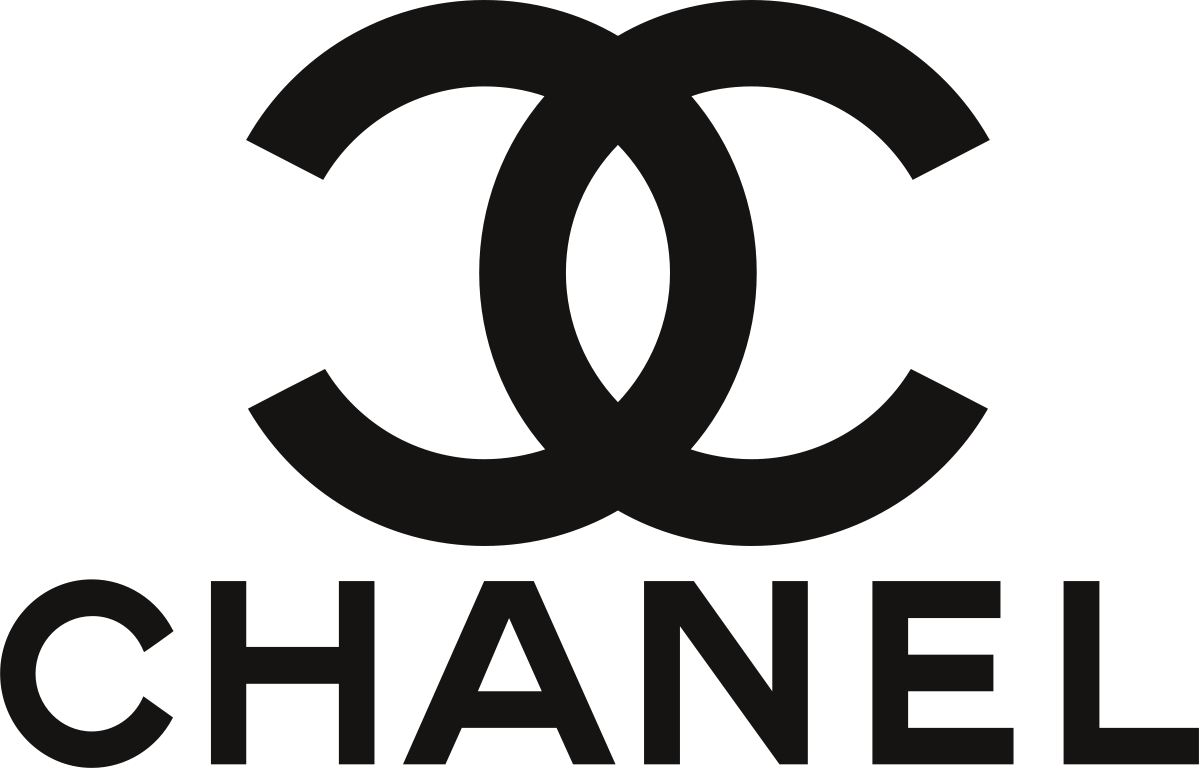 Chanel invests in Italy again: new joint for Gensi Group - 29/02/2024
Chanel invests in Italy again: new joint for Gensi Group - 29/02/2024
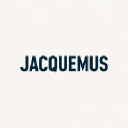 Jacquemus, the fashion "darling" looking to grow | Jacquemus looks to expand - 18/01/2024
Jacquemus, the fashion "darling" looking to grow | Jacquemus looks to expand - 18/01/2024
 Fashion: how Prada reinvents itself - 13/01/2024
Fashion: how Prada reinvents itself - 13/01/2024
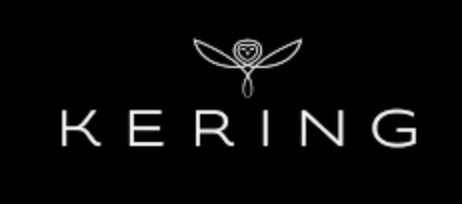 Gucci: a challenge for Kering - 08/01/2024
Gucci: a challenge for Kering - 08/01/2024
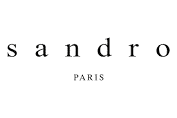 SMCP: The ready-to-wear crisis extends to the high-end segment - 20/09/2023
SMCP: The ready-to-wear crisis extends to the high-end segment - 20/09/2023
